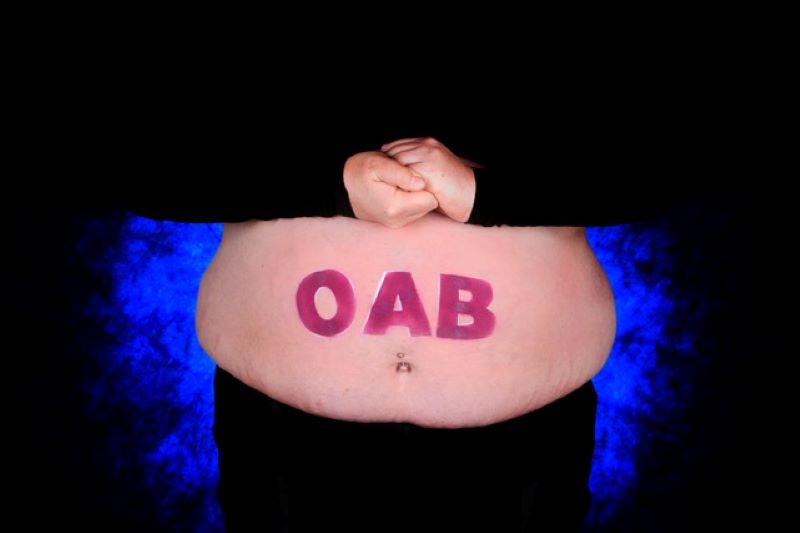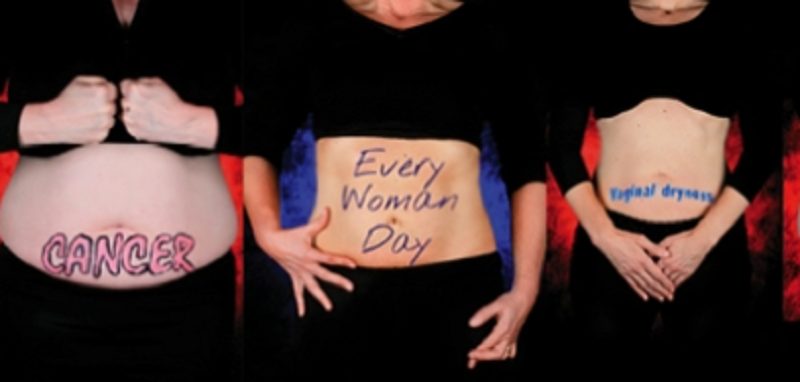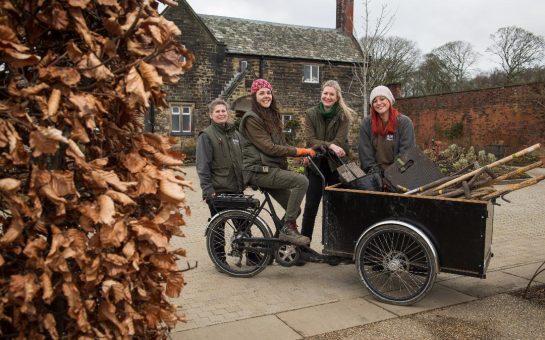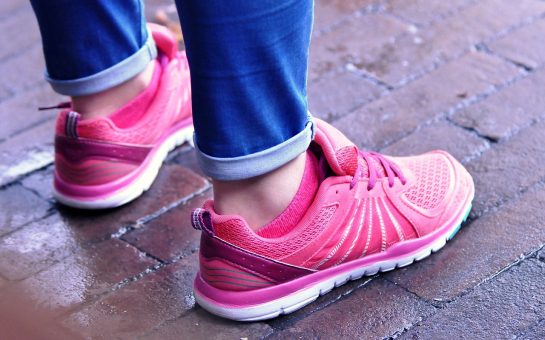The founder of women’s self-care company Purple Orchid Health Dr Karen Gardiner gives her account on the state of female health, common misconceptions around long term illnesses, and how we can help women with chronic health conditions feel heard.
As of 2022, around one in 10 women or those AFAB (assigned female at birth) of all ages in the UK were found to be suffering with endometriosis, while over two million people, 90% of whom are women, develop cystitis every year. Meanwhile, PCOS (Polycystic Ovary Syndrome) is one of the most common and distressing female health problems worldwide.
On International Women’s Day, Dr Karen Gardiner considered an alternative way to celebrate female achievements, “that what we needed to be celebrating was ordinary women doing extraordinary things.’ Though International Women’s Day remains an essential homage to women’s achievements around the world, more needs to be said of the people who accomplish so much just by by getting through the day, in some cases while experiencing excruciating pain.
So in 2016, Dr Karen Gardiner founded EveryWoman Day, an online festival devised to, “[shine] a light on common but poorly understood women’s health conditions which can be painful, long-lasting and life-limiting.”
The festival was forged when Dr Gardiner and her team placed an advert in Gumtree asking women to come forward and supply belly photos. They were, ‘overrun,’ with people wanting to take part, and the celebration has been growing steadily ever since.

Speaking to MM, Dr Gardiner said: “I talk to women whose employers are not empathic about the time off that they need for whatever condition they’ve got. They feel isolated, they feel judged, they don’t feel heard. So often with these difficult to treat female conditions – it might be Menorrhagia, or it might be Endometriosis, or it might be various bladder conditions – it takes many years for that patient to get to a diagnosis. Along the way they may be lucky and find people who understand, but often they may not have been.”
Even today, conditions such as Endometriosis and PCOS remain misunderstood and stigmatised. Even the Menopause, which has gained more visibility over the last several years, doesn’t escape societal ignorance. Despite fervent campaigning, there remains no legislation compelling employers to have a menopause policy. Attempts to enshrine this were blocked by the government, in part due to fears that the law would discriminate against men.
Dr Gardiner noted that society is challenged by the fact that, “we live at the limit of our own experience. If I’m mid-50s, I’m menopausal, you’re clearly not – how can you understand or empathise with my menopausal symptoms and the effect they have on my day-to-day life, when you’re living your life in the phase that you’re in?”
She added, “What we should have is more dialogue about and more media coverage of those conditions that affect people before they are 50 […] things that young people from puberty onwards have got to deal with.”
Dr Gardiner recalled a conversation with a sales assistant at a store in Glasgow. Around 20 years old, the woman was a single parent, and suffered such debilitating Endometriosis that she was on the maximum dose of prescription painkillers just to get herself into work to support her young child.
Dr Gardiner said, “I remember her vividly because I remember that push-pull between needing to provide for a child, her own health, and an employer who really wasn’t interested unless she turned up and did the day’s work. And one of the things she said was she felt really desperate, she felt really depressed, she felt really alone. So EveryWoman Day is about giving a platform to people like her, and her telling her story, and allowing people to come around and go, ‘oh my god, I’m exactly the same!’”
Many women are often confronted with their own internal stigma. A 2023 study conducted by Bodyform found that almost three-quarters (73%) of people in Manchester feel uncomfortable having open conversations about their health, with 44% feeling that there was a general stigma around using medical terminology to describe female anatomy.
To help combat this, everyone is encouraged to share their stories on the EveryWoman website, whether they suffer from general issues with periods, Endometriosis, PCOS, Cystitis, the Menopause, bladder health, or cancer. As Dr Gardiner said, “why should we not be raising awareness generally, across the population, whether any age or gender […] why should we not be having the conversations?
Acknowledging the valuable women’s health services that are currently available, such as Bladder Health UK and Women’s Health Dr Gardiner admitted, “at the moment it’s not all as joined up as it could be. So what we want to do is to continue to give a platform for people to share their stories. By doing so [we would] raise awareness and put it into mainstream news. Why can it not be in the broadsheets and the daily newspapers as a newsworthy story?”
When asked about the kind of future she saw for EveryWoman Day, Dr Gardiner said, “I’d like to see it grow. I would like to see it creating a platform where every women’s health condition is represented, that the information that is available to people both in terms of their stories and general information, is widely and easily accessible and available.”
She added: “It’s a phrase that has been bandied around over the last few years but it’s one that I feel at my core – let’s just be a bit kinder, to the person next to you. Let’s ask them, ‘how are you feeling today?’ I think we would be surprised oftentimes by the response to that.”
EveryWoman Day is celebrated on the 22nd September 2023. Find the belly selfies and stories on their website, or join the conversation on Facebook, Instagram or X (formerly known as Twitter).




